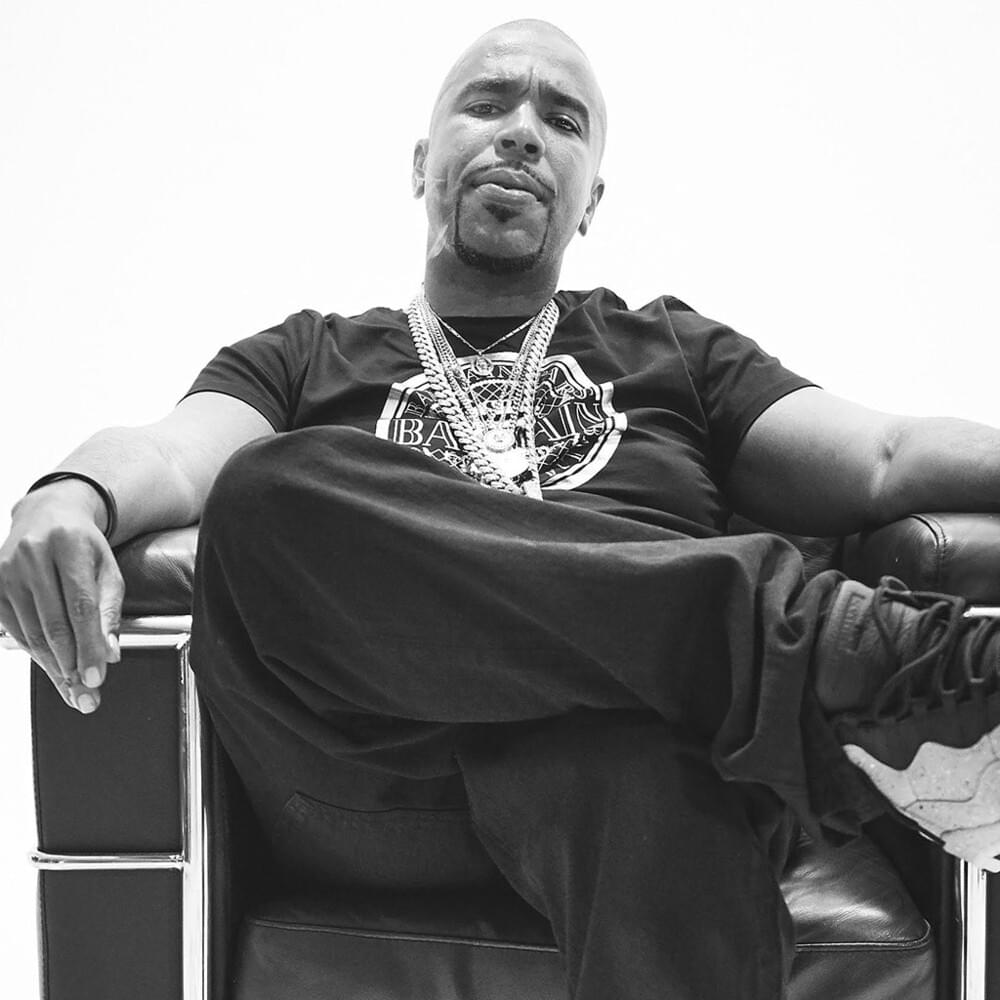 DeGrazio
DeGrazio
Queens rapper Noreaga (also known as N.O.R.E.) was one of the most distinctive voices of the late ’90s hardcore hip-hop scene. He found critical and commercial success, both as a member of the duo Capone-N-Noreaga and as a solo artist, well into the 2000s.
Born Victor Santiago, Jr., to a Puerto Rican father and black mother, N.O.R.E. was raised in the Lefrak City housing projects in Queens, New York. In the early ’90s, while serving a sentence for attempted murder at the Green Haven Correctional Facility, he befriended Queensbridge native Capone. Once released, the two began rapping together under the mentorship of Juice Crew veteran Tragedy Khadafi, appearing in The Source Magazine’s “Unsigned Hype” column in 1995.
The duo attracted widespread attention in 1996 with the release of the single “L.A., L.A..” The song—a response to Tha Dogg Pound’s “New York, New York”—is considered a key record in the infamous East Coast/West Coast battle. Only 18 at the time, Noreaga’s unorthodox style of rapping immediately stood out. VIBE Magazine described his flow as “staggered, high-pitched parrot riffs.” The Source called it “word association-style poetics.” Capone-N-Noreaga’s debut The War Report was released by Penalty/Warner in June 1997 to critical acclaim.
Noreaga was thrust into the solo spotlight after Capone was sent to prison at the peak of the duo’s success. He immediately began an impressive run of high-profile rap cameos in 1997, including Big Pun’s “You Came Up” and The Firm’s “I’m Leaving,” dropping almost 20 guest verses in 1998 alone.
His gold-selling solo debut, N.O.R.E., peaked at #3 on the Billboard 200 (and #1 on the R&B Albums chart), when it was released in the summer of 1998. The album is best remembered for the all-star posse cut “Banned From T.V.” (featuring Big Pun, Cam’Ron, Nature, and The LOX), and “Superthug,” the #1 rap single (it also hit #36 on the pop charts) that established The Neptunes as hip-hop’s hottest new producers. Nore appeared on the June 1998 cover of The Source alongside 10 other rappers who were billed as “Rap’s New Generation.”
In 1999, Noreaga endured a bit of a sophomore slump (while still going gold) with Melvin Flynt — Da Hustla. He also collaborated with several rookie Down South rappers (Lil Wayne, Project Pat, David Banner), and Bay Area veteran Spice 1—progressive moves for a New York rapper at the time. He reunited with Capone on 2000’s moderately-successful The Reunion. Noreaga then signed with Def Jam, changed his name to N.O.R.E., and released his third solo album, God’s Favorite, in 2002. This included his biggest hit, “Nothin’,” which peaked at #10 on the pop chart.
In 2004, N.O.R.E. embraced reggaeton influences in his music, scoring another pop hit with the single “Oye Mi Canto,” and releasing the largely Spanish language compilation album N.O.R.E. y la Familia…Ya Tú Sabe on Jay-Z’s short-lived Roc-La-Familia label two years later.
In 2007, N.O.R.E. teamed with Babygrande Records on the independent release Noreality, his first solo album that failed to chart on the Billboard 200, and with Bay Area indie SMC Recordings on new C-N-N album, Channel 10, in 2009. The duo’s 2010 sequel album, The War Report 2: Report The War, was executive produced by Raekwon and Busta Rhymes. N.O.R.E.’s 2013 solo album Student of The Game was released in partnership with Busta’s Conglomerate Entertainment, and featured N.O.R.E.’s first collaboration with The Neptunes’ Pharrell in over a decade. In 2015, Capone-N-Noreaga reunited with mentor Tragedy Khadafi on the independent release Lessons.
While N.O.R.E. has been unable to recapture the mainstream success of his early work in recent years, he’s still regarded as an icon of hardcore hip-hop, and remains one of the genre’s most beloved characters.
DeGrazio Releases
DeGrazio Remixes





































